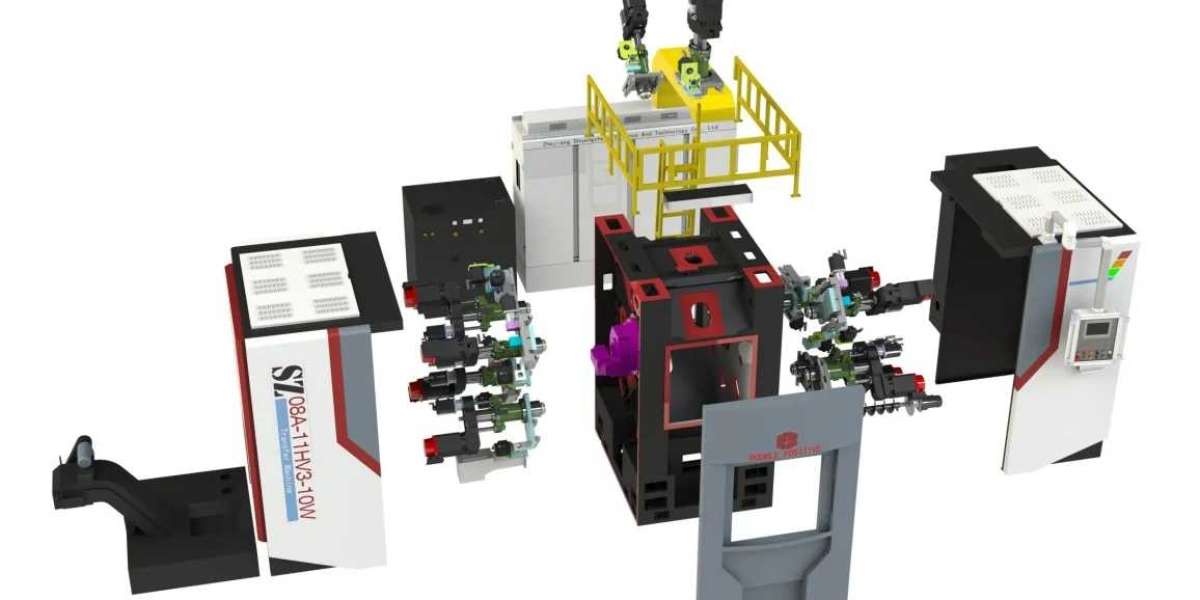In today's fast-paced world, the demand for mental health support is growing exponentially. While professional therapy remains the gold standard, semi-professional therapy modules are emerging as a valuable complement, especially in industries where traditional therapy might not be feasible. This blog post delves into the benefits of semi-professional therapy modules in Industry Jody Renwick, offering a fresh perspective on their potential impact.
Understanding Semi-Professional Therapy Modules
Semi-professional therapy modules are structured programs designed to provide mental health support through trained facilitators who may not hold formal therapy credentials but possess significant expertise and training. These modules bridge the gap between self-help resources and professional therapy, making mental health support more accessible and less intimidating.
Accessibility and Affordability
One of the primary advantages of semi-professional therapy modules is their accessibility. In many industries, employees may face barriers to accessing traditional therapy, such as cost, time constraints, or stigma. Semi-professional modules offer a more affordable and flexible alternative, allowing individuals to receive support without the need for extensive financial investment or scheduling conflicts.
For example, a company might implement a semi-professional therapy module that includes group sessions led by trained facilitators. These sessions can be scheduled during lunch breaks or after work hours, making it easier for employees to participate without disrupting their workday.
Creating a Supportive Environment
Another significant benefit of semi-professional therapy modules is their ability to foster a supportive environment within the workplace. By integrating these modules into the company culture, organizations can promote mental well-being as a core value. This not only helps in reducing stigma but also encourages open conversations about mental health.
Consider a scenario where a company offers semi-professional therapy modules that include peer support groups. Employees can share their experiences and challenges in a safe and confidential setting, creating a sense of community and mutual support.
Enhancing Employee Well-being and Productivity
Investing in semi-professional therapy modules can lead to significant improvements in employee well-being and productivity. When employees have access to mental health support, they are more likely to feel valued and cared for, which can boost morale and job satisfaction.
For instance, an organization that implements semi-professional therapy modules may notice a decrease in absenteeism and an increase in overall productivity. Employees who feel supported are more likely to be engaged and motivated, contributing positively to the company's success.
Flexibility and Customization
Semi-professional therapy modules offer a high degree of flexibility and customization. Organizations can tailor these modules to meet the specific needs of their workforce, ensuring that the support provided is relevant and effective.
For example, a tech company might develop a semi-professional therapy module focused on stress management and burnout prevention, addressing the unique challenges faced by its employees. This targeted approach ensures that the support provided is both meaningful and impactful.
Conclusion
Exploring the benefits of semi-professional therapy modules in Industry Jody Renwick reveals a promising avenue for enhancing mental health support in the workplace. By making mental health resources more accessible, fostering a supportive environment, and boosting employee well-being and productivity, these modules offer a valuable complement to traditional therapy. As industries continue to evolve, integrating semi-professional therapy modules can play a crucial role in promoting a healthier, more resilient workforce.
In conclusion, the exploration of semi-professional therapy modules in Industry Jody Renwick highlights their potential to transform workplace mental health support. By embracing these innovative solutions, organizations can create a more inclusive and supportive environment, ultimately leading to a happier and more productive workforce.







